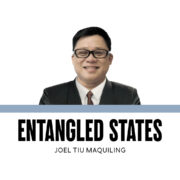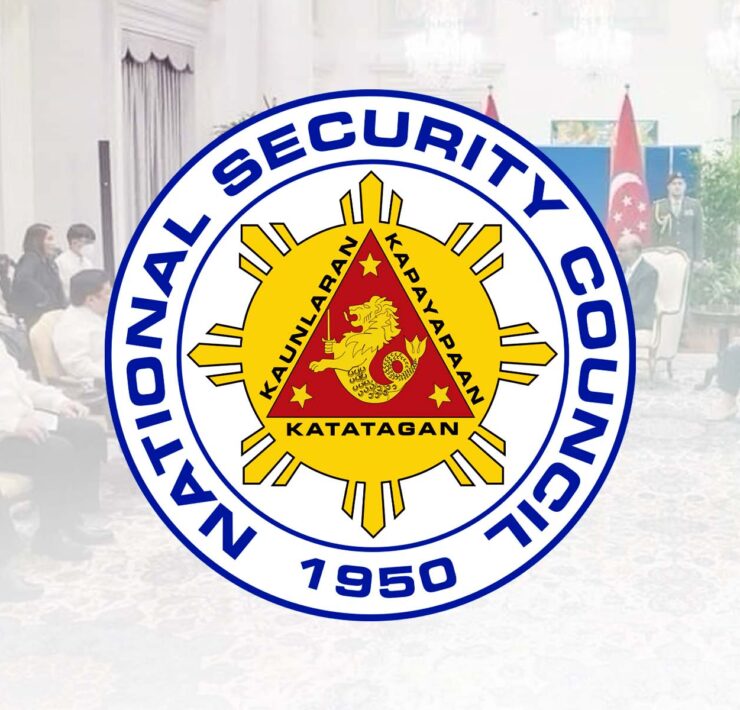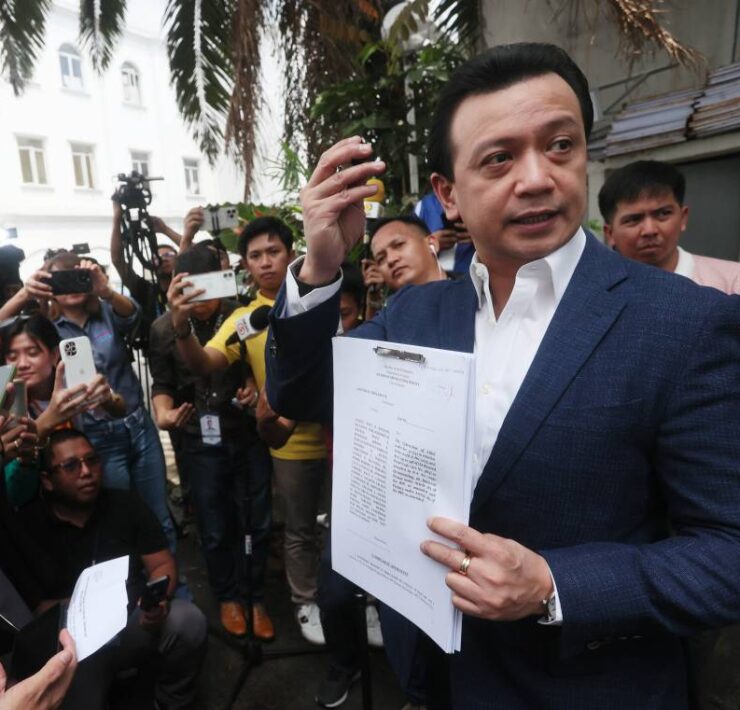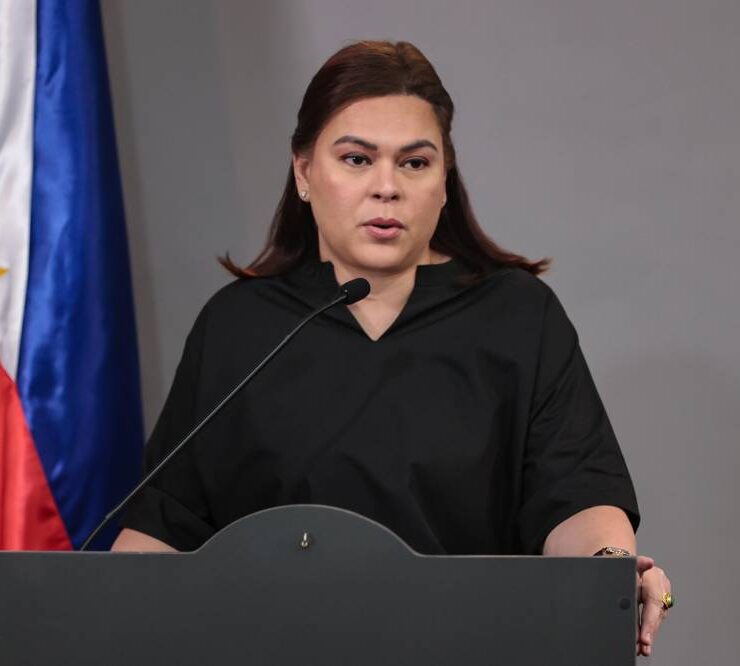Standing up to words
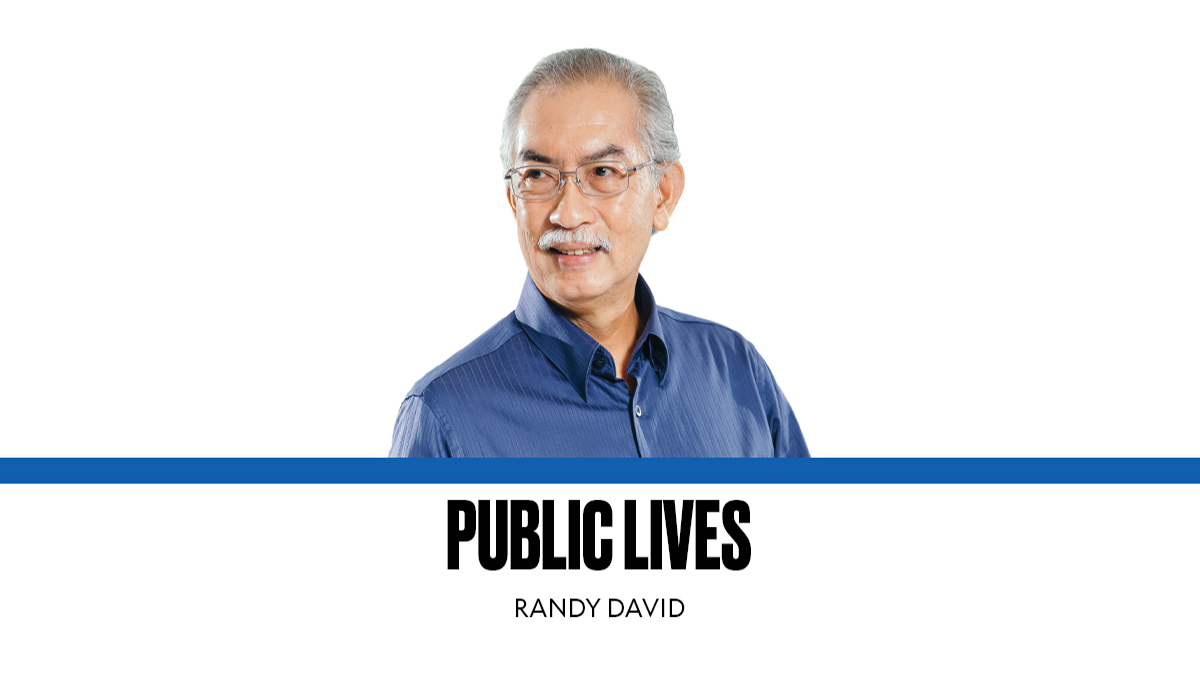
To stand up to words means, first, to recognize the hidden agendas lurking behind harmless-sounding words, and second, to resist the allure of euphemisms that creep into everyday usage.
One obvious example is “gaming”—a euphemism for gambling. Casino operators are now rebranded as “gaming merchants,” whose business is to package and sell “fun” or “entertainment.” Calling their product “entertainment” helps strip away the stigma long attached to gambling and normalizes it as ordinary leisure. Even the parlor game “bingo” has been remade into “e-bingo,” with cash bets and winnings replacing the token prizes of old.
Filipinos have always had a taste for games of chance—”jueteng,” “sabong,” “cara y cruz,” mahjong, “cuajo.” These are found almost everywhere around the country, seamlessly woven into our people’s way of life. But the transformation of gambling into a full-blown licensed industry dates back only to when the government began to see the prospects of earning large revenues from running gambling casinos and selling franchises to operate them. It was around this time that the state began to institutionalize the use of the terms “games” and “amusement,” in order to sanitize the planned large-scale centralization of all gambling in the country.
In retrospect, this was no coincidence. The whole process unfolded during the martial law regime of Ferdinand E. Marcos, when a dictatorial government that called itself “constitutional authoritarianism” sought to corporatize and control nearly every industry in the country. Gambling was no exception.
A series of presidential decrees—PD 771 (1975), PD 956 (1976), PD 1067-A, B, and C (1977), PD 1399 (1978), and finally PD 1869 (1983)—consolidated gambling under state control. Out of these measures was born the Philippine Amusement and Gaming Corporation, or Pagcor, as we know it today. PD 1869, also known as the “Pagcor Charter,” gave it a 25-year term.
Before it expired in 2008, however, Congress extended Pagcor’s life another 25 years, renewable for 25 more. By then government had become so hooked on gambling revenues that it could not give them up. Running casinos and issuing licenses was easier than taxing the rich.
This pattern of lazy governance recalls the labor export policy launched under martial law. What began as a stopgap response to unemployment became institutionalized as a pillar of economic growth, with scant regard for its long-term social costs. And so what began as an office within the Department of Labor became so big that it is now lodged under a separate Department of Migrant Workers.
Reading the Pagcor Charter is quite revealing. Its central aim was never to regulate or curb the dangers of gambling. It was always to develop and promote gambling as an industry and harvest revenue from it. With digital platforms, the project has only expanded. Casinos now fit into a smartphone, allowing practically anyone to gamble anywhere, anytime. To soften this reality, the public is reminded—almost as an afterthought—about the need for “responsible gaming.”
But phrases like this function more as disclaimers than as serious warnings. They are no different from the rapidly uttered caveat about food supplements we hear on radio: “Ito ay hindi gamot, at hindi dapat gamiting panggamot para sa anumang sakit” (This is not a medicine and should not be used as treatment for any kind of illness). Similar words—neutered and worn down as to lose all meaning—are used to pay lip service to the dangers and risks of gambling addiction. “Game responsibly!” goes the slogan meant more to deflect criticism than to protect the public.
The expression standing up to words comes from French poet Francis Ponge, who described it as “the art of only saying what one wants to say … or founding one’s own rhetoric.” The sociologist Pierre Bourdieu took it further as a necessary act of resistance against “neutralized, euphemized, routinized words … the pompous platitudes of the new technocratic rhetoric.”
In the current Philippine gambling debate, standing up to words therefore means calling things by their proper names. A “brand ambassador” for a “gaming company” is a paid endorser of the gambling industry. An “influencer” who lends face and name to a gambling site is a peddler of vice. And Pagcor is not just another government-owned and controlled corporation or GOCC. It is a state-run gambling monopoly, created not to curb gambling but to cultivate it as one of the nation’s most profitable industries.













